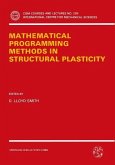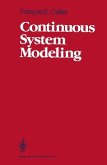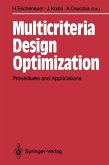Formal Design Theory (PDT) is a mathematical theory of design. The main goal of PDT is to develop a domain independent core model of the design process. The book focuses the reader's attention on the process by which ideas originate and are developed into workable products. In developing PDT, we have been striving toward what has been expressed by the distinguished scholar Simon (1969): that "the science of design is possible and some day we will be able to talk in terms of well-established theories and practices. " The book is divided into five interrelated parts. The conceptual approach is presented first (Part I); followed by the theoretical foundations of PDT (Part II), and from which the algorithmic and pragmatic implications are deduced (Part III). Finally, detailed case-studies illustrate the theory and the methods of the design process (Part IV), and additional practical considerations are evaluated (Part V). The generic nature of the concepts, theory and methods are validated by examples from a variety of disciplines. FDT explores issues such as: algebraic representation of design artifacts, idealized design process cycle, and computational analysis and measurement of design process complexity and quality. FDT's axioms convey the assumptions of the theory about the nature of artifacts, and potential modifications of the artifacts in achieving desired goals or functionality. By being able to state these axioms explicitly, it is possible to derive theorems and corollaries, as well as to develop specific analytical and constructive methodologies.
Dieser Download kann aus rechtlichen Gründen nur mit Rechnungsadresse in A, B, BG, CY, CZ, D, DK, EW, E, FIN, F, GR, HR, H, IRL, I, LT, L, LR, M, NL, PL, P, R, S, SLO, SK ausgeliefert werden.









